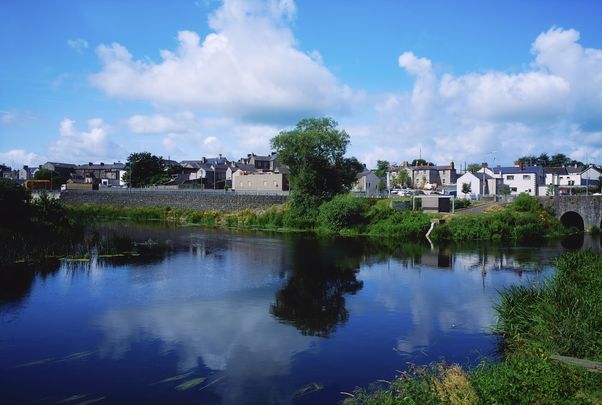Wednesday, August 28, 2024 A 5.3 magnitude earthquake struck Portugal ‘s Lisbon and the surrounding region on Monday, August 26, causing widespread concern among residents and travelers. The tremor, which occurred at 5:11 a.
m., was felt across Lisbon, Setúbal, Sines, Porto, parts of Spain, and even Morocco. Despite the widespread panic, no injuries or significant damage were reported.

However, a new earthquake has sparked additional warnings and raised serious concerns about the safety and preparedness of the region. On Tuesday, August 27, Portuguese newspapers sounded the alarm with headlines such as “Earthquake Warns of Dangers.” The latest earthquake, with an epicenter located 60 kilometers off the coast of Sines in the Alentejo region, has highlighted significant flaws in the country’s preparedness for such events.
The earthquake did not result in injuries, but it caused considerable panic among the population, who were not adequately warned by authorities. The website of the Portuguese Institute of the Sea and the Atmosphere (IPMA), the country’s reference point for seismic information, crashed shortly after the earthquake, further exacerbating the communication failures. The recent seismic activity has underscored a critical issue: the lack of preparedness in Lisbon, a city situated in a high-risk earthquake zone.
Local media emphasized that the earthquake served not as a mere test but as a “serious warning” about the vulnerabilities of the region. In the Lisbon metropolitan area alone, two-thirds of the buildings were constructed before effective earthquake protection legislation was implemented in the 1980s. The Lisbon City Council has announced that it has begun seismic assessments of over 1,500 municipal buildings, with 10% of these structures requiring enhancements to meet earthquake resistance standards.
Many other buildings will also need to be evaluated for safety. The fear of a repeat of the devastating 1755 Lisbon earthquake, which caused widespread destruction, a tsunami, and fires, looms large among locals. That disaster, estimated to have had a magnitude between 8.
5 and 9.0, resulted in the deaths of approximately 50,000 people. More recently, in 1969, an earthquake measuring 8.
0 on the Richter scale claimed 13 lives. Although Monday’s earthquake did not cause significant damage, seismologists warn that it could trigger additional seismic activity. As Susana Custódio, a seismologist, pointed out, “Earthquakes change the stress state of the Earth’s crust in that area, which sometimes triggers other processes and can lead to larger earthquakes.
” Despite the recent earthquakes, the UK Foreign Office has not issued any travel warnings against visiting Lisbon or Portugal. Travelers should remain informed and follow safety guidelines provided by official sources. The Portuguese Met Office and the Earthquake Information and Surveillance Centre offer real-time updates, while the US Federal Emergency Management Agency (FEMA) provides advice on how to prepare for and respond to earthquakes.
There have been no reports of flight cancellations or significant travel disruptions due to the earthquakes. However, travelers with upcoming trips should check directly with their airline or travel provider for the latest information. Since there has been no official travel advisory against visiting Portugal, travelers may not be able to cancel their trips without incurring penalties.
If you wish to reschedule, it is advisable to contact your travel provider to explore available options. The recent earthquakes in Lisbon have raised important safety concerns, highlighting the need for improved preparedness in the region. While no significant damage or injuries have been reported, the events serve as a reminder of the seismic risks associated with traveling to Portugal.
Travelers are encouraged to stay informed, follow official guidelines, and consider the potential risks when planning their trips to Lisbon and surrounding areas..



















